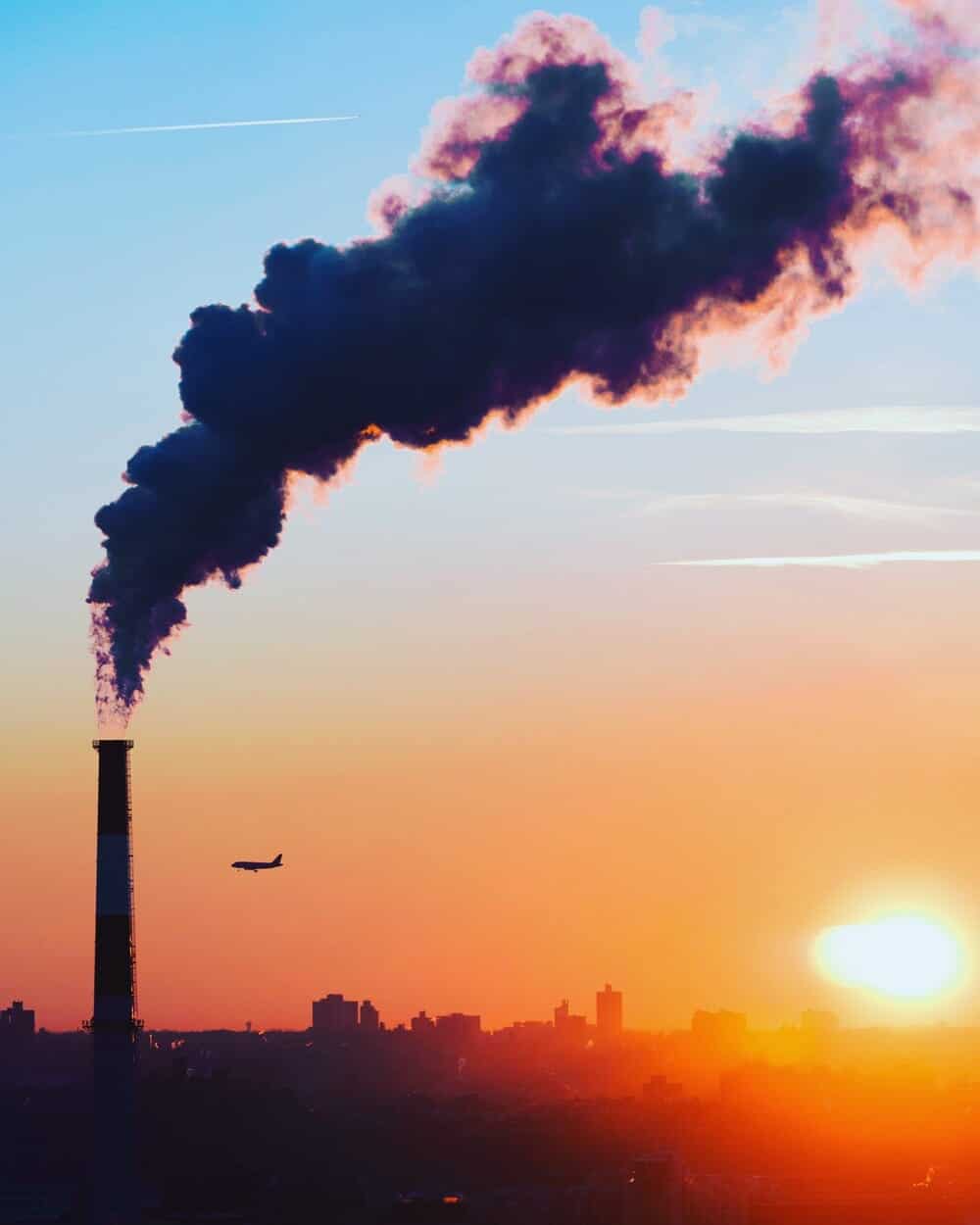DUBAI, UAE – According to World Health Organization data, 99 percent of the world’s population lives in places where air pollution levels exceed WHO guideline limits.
Exposure to air pollution increases the risk of respiratory diseases, stroke, heart attacks, diabetes and links to dementia.
Children are also highly susceptible to poor air quality as their lungs and brains are still developing.
There is a clear public demand to act on clean air. A YouGov carried out on 1,000 citizens across five countries showed that most people support stricter regulations on air pollution.
Improving air quality has a significant impact on the economy.
Air pollution hinders productivity and cognitive abilities, even at relatively low concentrations.
Research has found that the UK economy could benefit by US$2 billion (£1.6 billion) annually by meeting WHO guidelines for air pollution.
The World Bank estimated that the cost of the health damage caused by air pollution amounts to $8.1 trillion a year, equivalent to 6.1 percent of global gross domestic product.
The sources of greenhouse gases and air pollution are generally aligned too – transport, the power sector and industrial emissions.
By improving air quality, we can deliver faster climate action and lower the burden of disease attributable to air pollution.
What’s the problem we need to solve?
Leading businesses recognize that they have an important role in reducing air pollution alongside greenhouse gas emissions.
Business activity contributes significantly to air pollution globally but air pollution is not prioritized nor integrated into climate action.
The World Economic Forum and the Clean Air Fund launched the first global private sector initiative to tackle air pollution at the 2021 United Nations Climate Change Conference (COP26).
The Alliance for Clean Air was launched to spark private sector efforts to improve air quality across their value chains.
The Alliance – a group of multinational companies – has committed to measuring air pollutants from their operations and value chains and reporting the results in their sustainability reports.
They are also exploring the impact of their existing climate strategies and ways to increase their ambition through specific air pollution mitigation measures.
The Alliance includes the following global businesses: Accenture, Biogen, Bloomberg, EY, the GEA Group, Google, GoTo Group, GSK, Haleon, IKEA, Maersk, Mahindra Group, Moderna, Oracle, Siemens and Wipro.
The companies used a science-based method to measure air pollutant emissions that was developed by the Stockholm Environment Institute, Climate & Clean Air Coalition and Inter IKEA Group.
So far, Inter IKEA Group, Maersk, GoTo, Bloomberg, Biogen and Oracle have published, with others expected this year.
They concentrate on the air pollutants identified by the WHO as having the largest impact on human health including nitrogen oxides, sulphur oxides and particulate matter.
The practical guide is freely available for all companies wanting to create air pollution emission inventories.

